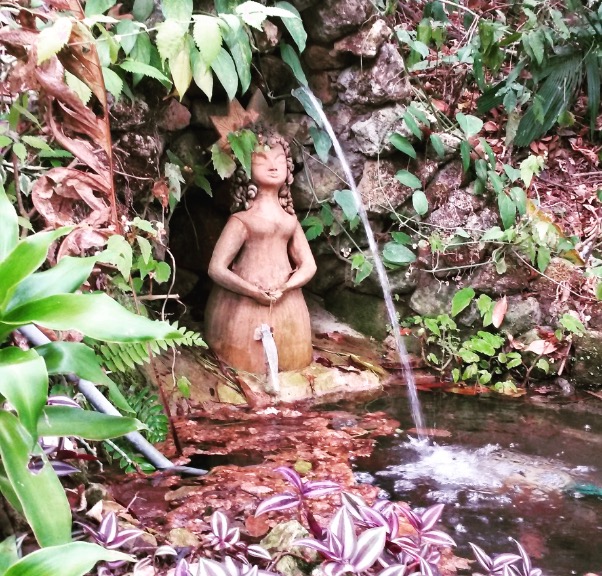She has been called by many names throughout the ages; Terra Mater was coined by the early Romans, while the goddess Gaia was rooted in Greek mythology. She is the all-powerful energy that gives birth to nature, creating everything that exists within it. It is this fundamental concept that solidifies my belief that women play a key role in climate action. In many instances however, that critical female representation is often absent where design, decision making and implementation is concerned.
The UN Women website cites “Because women possess unique knowledge and experience, particularly at the local level, their inclusion in decision-making processes is critical to effective climate action.” It is because of our inherent ability to nurture, I daresay, women are by and large the missing element in this fight to restore and protect our planet.

Research has shown that there is a clear correlation between women and climate change. Worldwide, women have less access than men to resources such as land, credit, agricultural inputs, decision-making structures, technology, training and other vital training tools that would enhance their skill and capacity to adapt to climate change. Furthermore, women are more likely to be displaced by climate change, suffer from pollution related health problems, lose income when climate related disasters strike, feel the effects of increased prices on the basic necessities, shoulder the responsibilities of increased work loads after a climate related disaster, just to name a few. Women and girls experience the greatest impacts of climate change, which amplifies existing gender inequalities and poses unique threats to their livelihoods, health, and safety. Research cited on weforum.org states that “By applying the gender lens to climate issues, we begin to see the 83% of single mothers who were unable to return to their homes for two years after Hurricane Katrina hit. Or that two-thirds of jobs lost in the wake of Katrina were those lost by women. We begin to see how women and children are 14 times more likely to die or be harmed when disasters strike. We see that among those displaced by climate change, 80% are women.”
This is why women are essential to the fight against climate change. Through their lived experiences, women are the custodians of nature-based solutions when it comes to skills for water harvesting and storage, food preservation and rationing, and natural resource management. They have the ability to turn knowledge that has been passed down through generations into action.
For this reason, it is imperative that we support and encourage women through programs that enable, educate and empower them. As an early career Environmentalist, I have found purpose and fulfillment through Soroptimism not only to advocate for conservation and climate action but also to share this knowledge and experience with others. It is by channeling my efforts to care for the environment that I have been able to make space not only for myself but for other women who also share this vision of preserving the Gaia Element.
Written by Stephanie Samuel-Chhita

